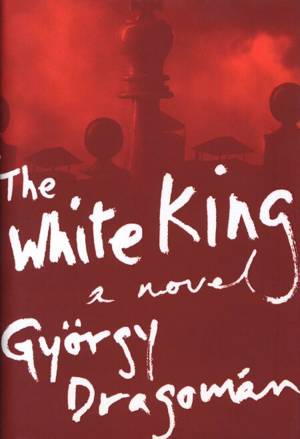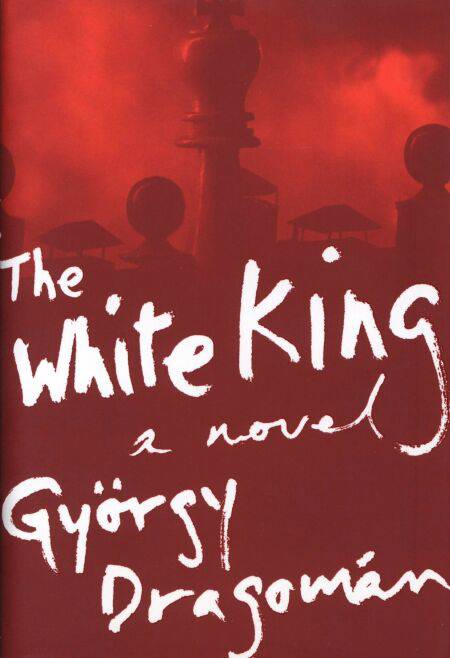
- Afhalen na 1 uur in een winkel met voorraad
- Gratis thuislevering in België vanaf € 30
- Ruim aanbod met 7 miljoen producten
- Afhalen na 1 uur in een winkel met voorraad
- Gratis thuislevering in België vanaf € 30
- Ruim aanbod met 7 miljoen producten
Zoeken
Omschrijving
An international sensation, this startling and heartbreaking debut introduces us to precocious eleven-year-old Djata, whose life in the totalitarian state he calls home is about to change forever.
Djata doesn’t know what to make of the two men who lead his father away one day, nor does he understand why his mother bursts into tears when he brings her tulips on her wedding anniversary. He does know that he must learn to fill his father’s shoes, even though among his friends he is still a boy: fighting with neighborhood bullies, playing soccer on radioactive grass, having inappropriate crushes, sneaking into secret screening rooms, and shooting at stray cats with his gun-happy grandfather. But the random brutality of Djata’s world is tempered by the hilarious absurdity of the situations he finds himself in, by his enduring faith in his father’s return, and by moments of unexpected beauty, hope, and kindness.
Structured as a series of interconnected stories propelled by the energy of Dragomán’s riveting prose, the chapters of The White King collectively illuminate the joys and humiliations of growing up, while painting a multifaceted and unforgettable portrait of life in an oppressive state and its human cost. And as in the works of Mark Haddon, David Mitchell, and Marjane Satrapi, Djata’s child’s-eye view lends power and immediacy to his story, making us laugh and ache in recognition and reminding us all of our shared humanity.
Djata doesn’t know what to make of the two men who lead his father away one day, nor does he understand why his mother bursts into tears when he brings her tulips on her wedding anniversary. He does know that he must learn to fill his father’s shoes, even though among his friends he is still a boy: fighting with neighborhood bullies, playing soccer on radioactive grass, having inappropriate crushes, sneaking into secret screening rooms, and shooting at stray cats with his gun-happy grandfather. But the random brutality of Djata’s world is tempered by the hilarious absurdity of the situations he finds himself in, by his enduring faith in his father’s return, and by moments of unexpected beauty, hope, and kindness.
Structured as a series of interconnected stories propelled by the energy of Dragomán’s riveting prose, the chapters of The White King collectively illuminate the joys and humiliations of growing up, while painting a multifaceted and unforgettable portrait of life in an oppressive state and its human cost. And as in the works of Mark Haddon, David Mitchell, and Marjane Satrapi, Djata’s child’s-eye view lends power and immediacy to his story, making us laugh and ache in recognition and reminding us all of our shared humanity.
Specificaties
Betrokkenen
- Auteur(s):
- Uitgeverij:
Inhoud
- Aantal bladzijden:
- 272
- Taal:
- Engels
Eigenschappen
- Productcode (EAN):
- 9780547523521
- Verschijningsdatum:
- 17/03/2008
- Uitvoering:
- E-book
- Beveiligd met:
- Adobe DRM
- Formaat:
- ePub

Alleen bij Standaard Boekhandel
+ 12 punten op je klantenkaart van Standaard Boekhandel
Beoordelingen
We publiceren alleen reviews die voldoen aan de voorwaarden voor reviews. Bekijk onze voorwaarden voor reviews.







